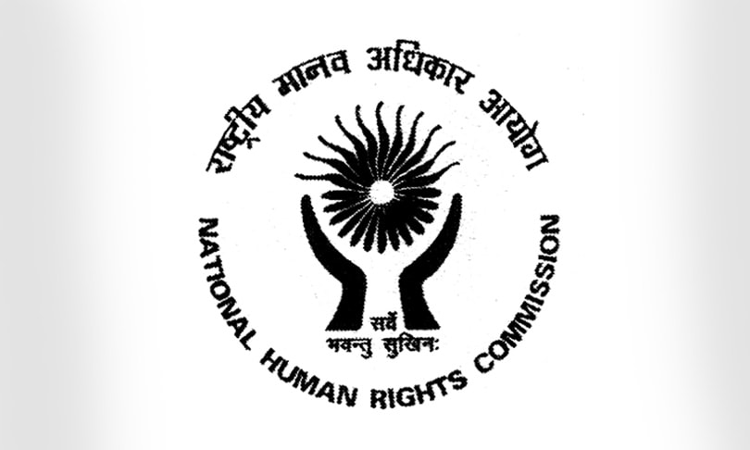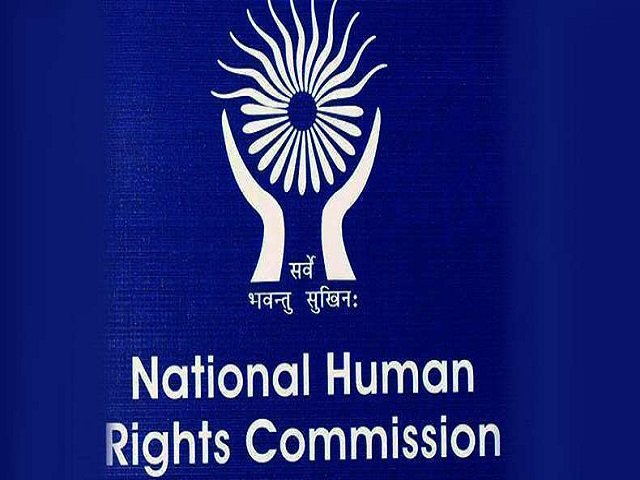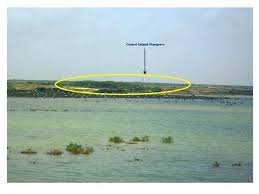NHRC Takes Serious Cognizance of “Nata Pratha”
The National Human Rights Commission (NHRC) has recently addressed the issue of “Nata Pratha,” a regressive social practice prevalent in certain regions of India. This archaic custom involves a man allowing his wife to live with another man for a stipulated period, often to fulfill financial or social obligations. The NHRC, acting as a watchdog for human rights violations, has expressed grave concern over the perpetuation of such practices, emphasizing the need for societal reform and gender equality.
The commission’s intervention comes in response to several reported cases of exploitation and abuse stemming from Nata Pratha. Instances of women being subjected to physical and emotional trauma, coerced into such arrangements against their will, highlight the urgent need for legislative and societal action.
In light of the NHRC’s proactive stance, it is imperative for stakeholders, including policymakers, law enforcement agencies, and civil society organizations, to collaborate effectively in eradicating this archaic practice. The commission’s intervention serves as a catalyst for raising awareness and mobilizing efforts to safeguard the rights and dignity of women affected by Nata Pratha.

Why this News is Important:
NHRC’s Intervention: The NHRC’s decision to address the issue of Nata Pratha underscores the severity of the problem and the urgent need for intervention. By taking cognizance of this regressive practice, the commission is signaling its commitment to upholding human rights and combating social injustices.
Protection of Women’s Rights: The prevalence of Nata Pratha poses significant threats to the rights and dignity of women. By intervening in such cases, the NHRC is working towards ensuring the protection and empowerment of vulnerable women who are often subjected to exploitation and abuse.
Societal Reform: The NHRC’s action highlights the importance of societal reform in addressing deep-rooted customs that perpetuate gender inequality and discrimination. By initiating dialogue and advocacy efforts, the commission aims to catalyze positive change and promote a more equitable society.
Legal Implications: The NHRC’s intervention in cases related to Nata Pratha could have legal ramifications, leading to potential amendments in existing laws or the formulation of new legislation to address loopholes and inadequacies in protecting women’s rights.
Public Awareness: By bringing attention to the issue of Nata Pratha, the NHRC is raising public awareness and fostering discourse on the need for collective action to combat harmful social practices. Increased awareness can contribute to societal pressure for change and support victims in seeking redressal.
Historical Context:
The practice of Nata Pratha finds its roots in traditional patriarchal norms and societal structures prevalent in certain communities in India. Historically, women have been marginalized and denied agency, often subjected to discriminatory practices that perpetuate gender-based inequalities. Nata Pratha, as a manifestation of such entrenched gender norms, reflects the systemic challenges faced by women in asserting their rights and autonomy within traditional frameworks.
Key Takeaways from “NHRC Takes Serious Cognizance of Nata Pratha”:
| Serial Number | Key Takeaway |
|---|---|
| 1. | NHRC’s proactive stance highlights the severity of Nata Pratha. |
| 2. | Protection of women’s rights is a central concern in this issue. |
| 3. | Societal reform is essential to combatting entrenched customs. |
| 4. | Legal implications may arise from NHRC’s intervention. |
| 5. | Public awareness is crucial for addressing harmful practices. |
Important FAQs for Students from this News
1. What is Nata Pratha?
- Nata Pratha is a social custom prevalent in certain regions of India where a man allows his wife to live with another man for a stipulated period, often for financial or social reasons.
2. Why is the NHRC addressing Nata Pratha?
- The NHRC is taking cognizance of Nata Pratha due to its implications on human rights, particularly concerning the protection and dignity of women who may be subjected to exploitation and abuse under this practice.
3. What are the legal implications of NHRC’s intervention?
- NHRC’s intervention in cases related to Nata Pratha could lead to potential legal amendments or the formulation of new legislation aimed at protecting the rights of women and addressing gender-based discrimination.
4. How can societal reform address Nata Pratha?
- Societal reform efforts are crucial in challenging traditional norms that perpetuate practices like Nata Pratha. By promoting gender equality and empowering women, societies can gradually eliminate such regressive customs.
5. What is the role of public awareness in combating Nata Pratha?
- Increased public awareness can create pressure for societal change and support victims in seeking redressal. By fostering dialogue and advocacy, public awareness campaigns can contribute to ending harmful practices like Nata Pratha.
Some Important Current Affairs Links


















